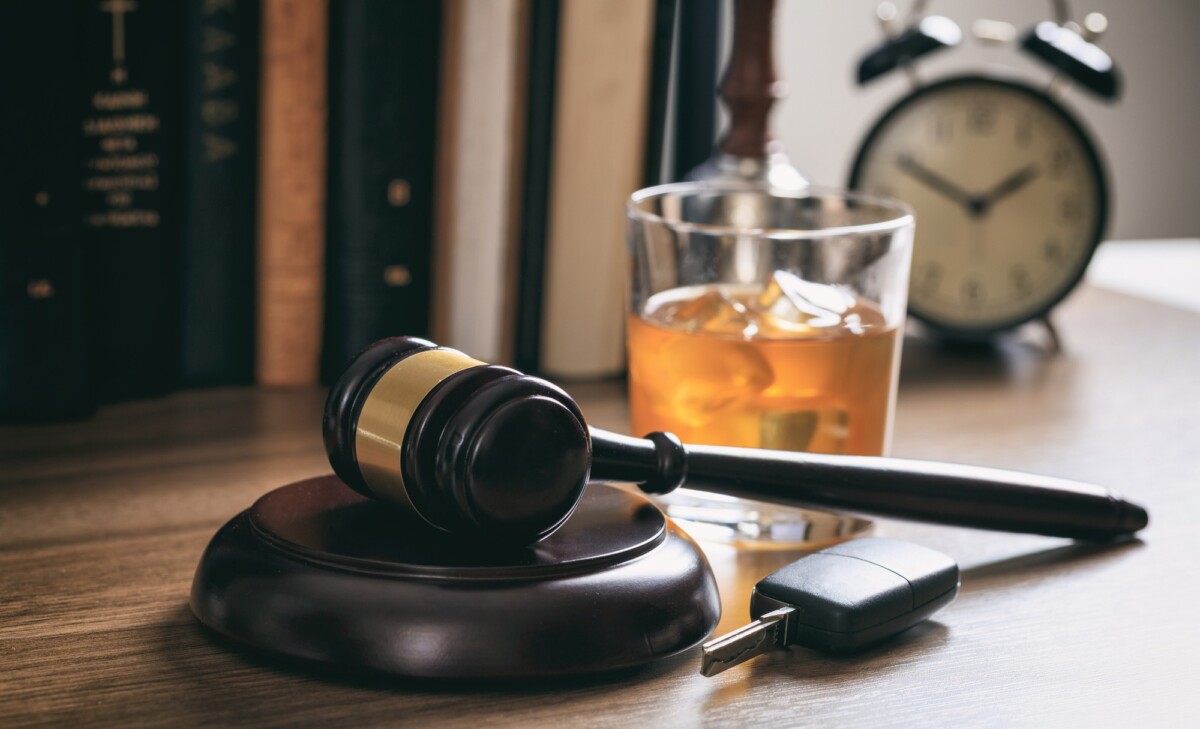Legal Alcohol Limit Attorney Sourcing Based in Illinois

In Illinois, driving under the influence (DUI) of alcohol is a serious offense with significant legal and personal consequences. Knowing the legal alcohol limit and understanding your rights is crucial if you find yourself facing DUI charges. This guide provides comprehensive information on the legal alcohol limit in Illinois, the implications of violating it, and how to source the right attorney to defend your case.
Understanding the Legal Alcohol Limit in Illinois
Illinois law sets specific limits for blood alcohol concentration (BAC) when operating a vehicle. Here’s what you need to know:
-
Legal BAC Limit: The legal BAC limit in Illinois is 0.08%. If your BAC is 0.08% or higher, you are considered legally intoxicated and can be charged with DUI.
-
Zero Tolerance for Drivers Under 21: Illinois has a zero-tolerance policy for drivers under the age of 21. If a driver under 21 is caught driving with any amount of alcohol in their system, they can face serious penalties.
-
Commercial Drivers: Commercial drivers have a lower legal BAC limit of 0.04% when operating a commercial vehicle.
-
Factors Affecting BAC: Several factors can influence your BAC, including your weight, gender, the amount of alcohol consumed, and the time elapsed since drinking.
Facing DUI charges in Illinois? Contact us at 833-279-1850 for a free consultation to understand your legal options.
Consequences of Violating the Legal Alcohol Limit in Illinois
Violating the legal alcohol limit in Illinois can result in severe penalties, including:
-
First DUI Offense:
-
Driver’s license suspension of at least six months.
-
Fines of up to $2,500.
-
Jail time of up to one year.
-
Mandatory alcohol evaluation and treatment.
-
Installation of an ignition interlock device (IID) on your vehicle.
-
-
Second DUI Offense:
-
Driver’s license revocation of five years.
-
Fines of up to $25,000.
-
Jail time of up to one year.
-
Mandatory alcohol evaluation and treatment.
-
Installation of an IID on your vehicle.
-
-
Third DUI Offense:
-
Charged as a Class 2 felony.
-
Driver’s license revocation of 10 years.
-
Fines of up to $25,000.
-
Prison time of three to seven years.
-
Mandatory alcohol evaluation and treatment.
-
Installation of an IID on your vehicle.
-
-
Aggravated DUI: A DUI can be elevated to an aggravated DUI, which is a felony, if certain factors are present, such as causing an accident that results in great bodily harm or death.
Worried about the consequences of a DUI? Visit Legal Case Review to connect with an attorney who can protect your rights.
Sourcing the Right Attorney for Your DUI Case
Finding the right attorney is crucial to effectively defend against DUI charges in Illinois. Here’s how to source an attorney who is the right fit for your situation:
-
Experience: Look for attorneys with specific experience in DUI defense in Illinois.
-
Reputation: Check online reviews and ask for referrals to gauge the attorney’s reputation and track record.
-
Communication: Choose an attorney who communicates clearly and keeps you informed throughout the legal process.
-
Strategy: Discuss the attorney’s proposed strategy for your case.
-
Fees: Understand the attorney’s fee structure and payment options upfront.
Ready to find the right DUI attorney? Call us at 833-279-1850 to get connected with experienced legal professionals.
Legal Strategies for Defending Against DUI Charges
An experienced DUI attorney can employ various strategies to defend your case:
-
Challenging the Stop: Attorneys can challenge the legality of the traffic stop that led to your arrest.
-
Examining Breathalyzer Results: Attorneys can scrutinize the accuracy and reliability of breathalyzer tests, as well as the procedures followed by law enforcement.
-
Questioning Field Sobriety Tests: Attorneys can challenge the validity of field sobriety tests, arguing that they are subjective and unreliable.
-
Negotiating a Plea Bargain: In some cases, an attorney can negotiate a plea bargain to reduce the charges or penalties.
-
Trial Representation: If necessary, an attorney can represent you at trial, presenting evidence and arguments to the jury.
Explore your defense options. Visit Legal Case Review to consult with a skilled DUI attorney.
Resources for DUI Offenders in Illinois
-
Illinois Secretary of State: Provides information about Illinois traffic laws and driver’s license requirements.
-
Illinois State Bar Association: Offers resources for finding qualified attorneys in Illinois.
-
Alcoholics Anonymous (AA): Provides support and resources for individuals struggling with alcohol abuse.
-
National Safety Council: Offers defensive driving courses and other safety resources.
Need support after a DUI arrest? Call us at 833-279-1850 for assistance in finding local resources and support groups.
The Role of Location in DUI Cases
Your location within Illinois can impact the handling and potential outcomes of your DUI case. Here’s how:
-
Local Courts: Each county and municipality has its own court system, with different judges and prosecutors. An attorney familiar with the local courts can navigate the specific procedures and tendencies of these courts. For instance, DUI cases in Chicago (zip code 60601) might be handled differently than those in Springfield (zip code 62701).
-
Law Enforcement: Law enforcement practices can vary between different cities and counties. Some areas may have more aggressive DUI enforcement than others.
-
Community Attitudes: Community attitudes toward DUI can influence the outcome of a case. In some areas, juries may be less tolerant of DUI offenders.
Understand how your location affects your DUI case. Contact us at 833-279-1850 for local legal expertise.
Addressing Common Misconceptions About DUI
-
Misconception: “If I wasn’t driving erratically, I can’t be charged with DUI.”
-
Fact: You can still be charged with DUI even if you were driving normally if your BAC is 0.08% or higher.
-
-
Misconception: “A first-time DUI is not a big deal.”
-
Fact: Even a first-time DUI can have serious consequences, including fines, license suspension, and a criminal record.
-
-
Misconception: “I can handle my DUI case without an attorney.”
-
Fact: Navigating the complexities of DUI law requires the expertise of a qualified attorney who can protect your rights and advocate for the best possible outcome.
-
Don’t let misconceptions guide your decisions. Call us at 833-279-1850 for accurate information and professional legal guidance.
Understanding the legal alcohol limit in Illinois and the potential consequences of violating it is crucial for all drivers. If you find yourself facing DUI charges, sourcing the right attorney is essential to protect your rights and navigate the legal process effectively. Remember to research your options, seek expert guidance, and take proactive steps to defend your case.
Ready to take control of your DUI situation? Call us at 833-279-1850 to connect with a trusted attorney and get the support you need.
FAQs About Illinois DUI Law
Q: What happens if I refuse a breathalyzer test in Illinois?
A: Refusing a breathalyzer test in Illinois can result in an automatic suspension of your driver’s license.
Q: Can I lose my driver’s license after a DUI conviction in Illinois?
A: Yes, a DUI conviction in Illinois can result in a driver’s license suspension or revocation.
Q: What is an ignition interlock device (IID)?
A: An ignition interlock device (IID) is a breathalyzer that is installed in your vehicle. You must blow into the device and register a BAC below a certain level before the vehicle will start.
Q: How long does a DUI stay on my record in Illinois?
A: A DUI conviction remains on your criminal record permanently unless you are eligible for expungement.
Q: Can I get a hardship license after a DUI in Illinois?
A: In some cases, you may be eligible for a restricted driving permit (RDP), allowing you to drive for essential purposes.
Have more questions about Illinois DUI law? Visit Legal Case Review for reliable information and legal assistance.



